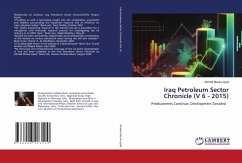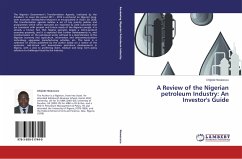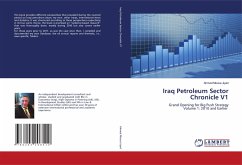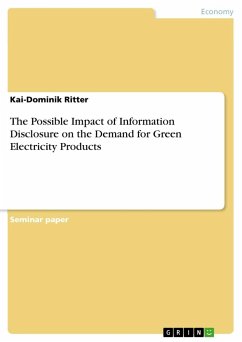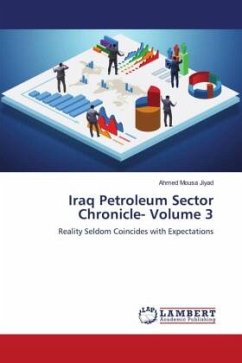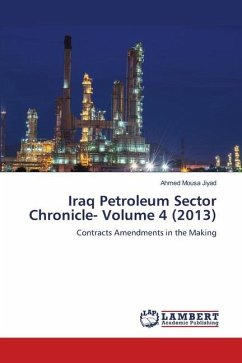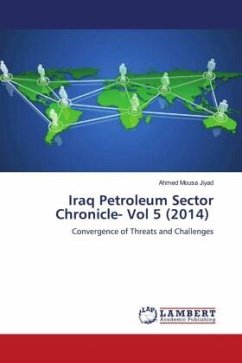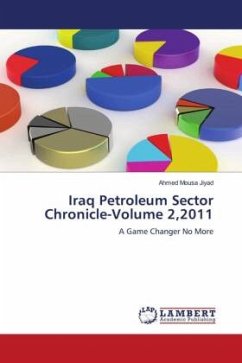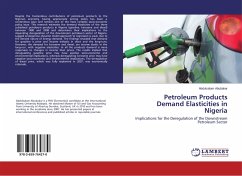
Petroleum Products Demand Elasticities in Nigeria
Implications for the Deregulation of the Downstream Petroleum Sector
Versandkostenfrei!
Versandfertig in 6-10 Tagen
27,99 €
inkl. MwSt.

PAYBACK Punkte
14 °P sammeln!
Despite the tremendous contributions of petroleum products to the Nigerian economy, having appropriate pricing policy has been a contentious issue and remains one of the most complex socio-economic policy issue. This research estimates the demand elasticities of the three subsidised petroleum products in Nigeria (gasoline, kerosene and diesel) between 1980 and 2008 and determines their implications to the impending deregulation of the downstream petroleum sector of Nigeria. Lagged endogenous dynamic model approach to regression is used, due to the derived nature of energy demand. The findings ...
Despite the tremendous contributions of petroleum products to the Nigerian economy, having appropriate pricing policy has been a contentious issue and remains one of the most complex socio-economic policy issue. This research estimates the demand elasticities of the three subsidised petroleum products in Nigeria (gasoline, kerosene and diesel) between 1980 and 2008 and determines their implications to the impending deregulation of the downstream petroleum sector of Nigeria. Lagged endogenous dynamic model approach to regression is used, due to the derived nature of energy demand. The findings revealed that demand for gasoline is price and income inelastic in short and the long-runs. However, the demand for kerosene and diesel, are income elastic in the long-run, with negative elasticities. In all the products demand is more responsive to changes in income than prices. The results implied that deregulating gasoline price may have positive socio-economic and environmental implications, whereas deregulating kerosene price may have negative socio-economic and environmental implications. The deregulation of diesel price, which was fully implanted in 2007, was economically rationale.





